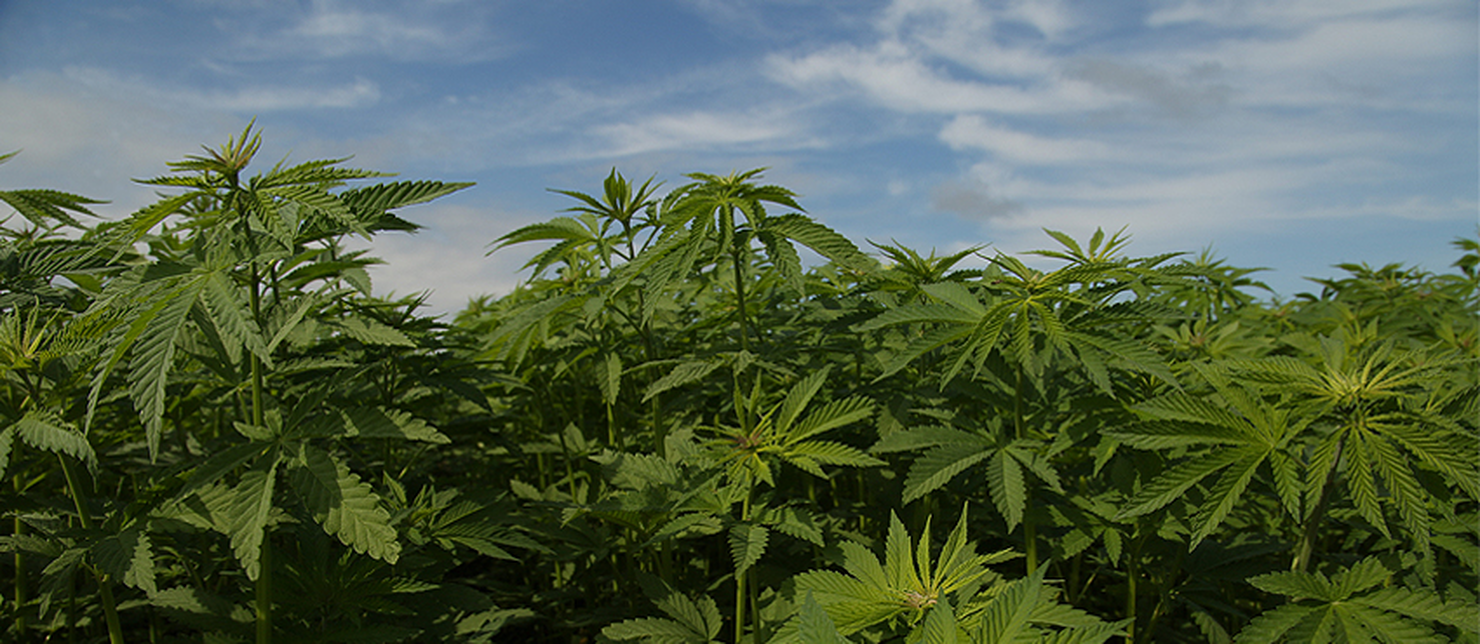Welcome!
ARE YOU OVER 21 YEARS OF AGE?
Jun 1, 2016

At Plus CBD Oil, we know that every agricultural crop on our planet crop faces the twin challenges of pests and disease. Some crops are more susceptible to these risks, and widespread monocropping has contributed to this vulnerability. Without the use of pesticides and other chemical controls, the mega-farms that use monocropping techniques would likely be ravaged by various pests and disease. Further, the use of chemical controls often has a broad and negative impact on the environment.
Fortunately, hemp is unusually hardy, and is more resistant than most crops to both pests and disease. In fact, part of the reason that hemp garners so much excitement among conservationists is because of its natural resilience. This natural advantage allows many farmers around the world to successfully cultivate agricultural hemp without ever subjecting it to unwanted pesticides and chemicals.
German biotech research organization Nova Institute released a report titled “Ecological Benefits of Hemp and Flax Cultivation and Products. In it, they noted that, “due to its vigorous growth, shading capacity and disease resistance, hemp can be grown without the use of herbicides, pesticides or fungicides.”
Download the report here: http://eiha.org/media/2014/10/Ecological-benefits-of-hemp-and-flax-cultivation-and-products-2011.pdf
CV Sciences, the makers of Plus CBD Oil, is committed to long-term sustainability and health, not just for its customers, but for the natural world as well. It is important to note that all products sold by CV Sciences, including Plus CBD Oil, are sourced from a co-op of EU certified agricultural hemp growers. Following extraction, the CBD is tested both in-house and by a third party to ensure that it is of the highest quality and free from any toxins or contaminants. To learn more about CBD Oil and the CV Science commitment to the idea, "From Seed to Shelf," watch our video.